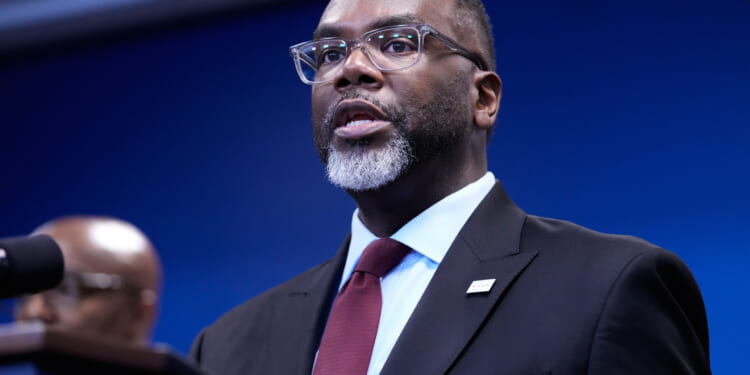Prices for DoorDash, Uber, Ticketmaster and Illinois tolls might go up now to cover $1.5 billion for Illinois transit agencies. A real estate transfer tax for homes in the Chicago suburbs is also on the table.
New tax and fee hike proposals on DoorDash, Uber, Ticketmaster and toll roads could hit Illinoisans to cover shortfalls in the Regional Transit Authority budget. The RTA, which oversees the Chicago Transit Authority, Metra and Pace, faces a looming budget crisis as federal pandemic funds run dry.
Revenue options include:
- A $1 delivery charge for delivery orders over $100, excluding pharmaceuticals and groceries to fund public transit. Revenue estimate: $102 million
- A 25-cent increase in CTA fares. Revenue estimate: $76 million to $78 million if 2025 CTA fare trends hold steady.
- A 10% tax on all rideshare trips in the RTA region (Cook and collar counties) to fund public transit. Revenue estimate: $132 million to $291 million
- A ticket price surcharge of $5-10 would be added to tickets at venues that contain more than 10,000 people. Revenue estimate: $150 million to $250 million
- A 25% surcharge on tolls, charged once per day, which would increase the average cost of tolls by $0.60 to fund public transit. Revenue estimate: $438.5 million
- A $1 surcharge on all tolls. Revenue estimate: $1 billion
- A fee of $0.03 per kw/h tax on electric vehicle charging at public chargers to fund public transit. Revenue estimate: $3.2 million to $14.2 million with increased adoption of electric vehicles
- An extension of the Chicago Real Estate Transfer Tax to the collar counties, which taxes $1.50 for every $500 during the transfer of a property to fund public transit. Collar County dollars would be used for Metra and Pace transit needs, not for the CTA. Revenue estimate: $82 million
- A one-time transfer of funds from the Illinois Road Fund to fund public transit.
The Regional Transit Authority has already seen dramatic growth in its budget even as ridership remains well below pre-pandemic levels. Spending was boosted by billions in emergency COVID funds, but with that money gone, the system is facing a $230 million fiscal gap next year.
Downstate residents shouldn’t have to be punished for years of fiscal mismanagement by a transit system they don’t use. And Illinoisans who do rely on public transit shouldn’t be nickeled and dimed when they already shoulder some of the highest combined tax burdens in the nation.
These new proposals would further raise everyday costs for working families, from online deliveries and rideshares to tolls and event tickets.
Transportation is vital to the state economy. Commuters rely on it for work and can support local businesses on their way. But spending should reflect how many people are using the system. A private business facing a 30% drop in customers would cut costs and restructure.
Before asking taxpayers to pay more, The RTA should right-size service, eliminate inefficiencies and align spending with current demand. Illinois lawmakers should require clear operational reforms before considering any tax hikes.
Supporting transit is important, but it shouldn’t come at the expense of affordability or economic opportunity for Illinois families.










